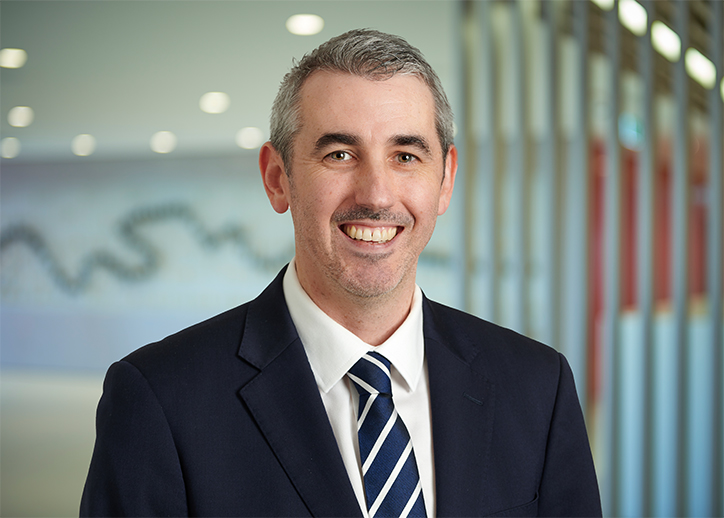Bridging the gap: Government’s role in delivering energy from waste
Bridging the gap: Government’s role in delivering energy from waste
Australia stands at a pivotal moment in its infrastructure evolution. As we confront mounting waste challenges and the urgent need for sustainable energy solutions, Energy from Waste (EfW) emerges as a compelling opportunity - one that remains largely untapped.
With a large investment pipeline over the next decade, EfW could become a cornerstone of Australia’s circular economy. Yet, despite its promise, only two projects have reached contract close. Why?
The answer lies in the gap between policy and implementation, between government ambition and market confidence, and between risk and responsibility. Bridging this gap requires a recalibration of roles across all levels of government and the private sector.
The missed opportunity
EfW is not just another infrastructure asset; it offers portfolio diversification, attractive returns, and alignment with national sustainability goals. However, it competes for limited resources - EPC contractors, equity, and debt providers - against more mature sectors like transport, housing, and utilities. In a constrained fiscal environment, with state and local budgets under pressure and communities wary of rising costs, EfW struggles to gain traction.
Three core challenges and how to address them
1. The feedstock challenge: Local government’s role
Feedstock is the bedrock of EfW project viability. Yet councils, often constrained by affordability concerns and risk aversion, delay commitment until late in the development process. This uncertainty undermines market confidence and stalls investment.
What’s needed?
- Aggregation of waste supply across councils through SPVs or MOUs
- Realistic contract lengths aligned with service needs and population growth
- Early commitment to support facility sizing, financing, and planning
- Incentives for market players to secure commercial and industrial (C&I) waste streams
- Determining if demand exists before asset development.
2. The policy challenge: State government’s role
Inconsistent policy environments and shifting regulatory signals have eroded market confidence. States must play a major role in stabilising the landscape.
What’s needed?
- Clear, consistent policy frameworks that recognise EfW’s role in landfill diversion
- Streamlined planning and approval pathways
- Visibility on waste levies and long-term policy direction
- Funding support for feasibility studies and collaborative procurement (e.g. NSW EPA model).
A stable policy environment reduces uncertainty, attracts investment, and prevents wasted development effort.
3. The construction challenge: The market’s role
EfW projects are complex, with high capital requirements and significant technology risk. The construction market remains shallow, with few players willing to absorb the risks currently allocated to them.
What’s needed?
- A shift away from merchant-style risk allocation toward more balanced models
- Greater use of collaborative contracts (e.g. ECI, Delivery Partner, Incentivised Target Cost)
- Early market involvement to shape realistic delivery models
- Government support in de-risking early stages to attract private capital.
Lessons from first movers show that risk-heavy models deter participation. A more nuanced approach is essential.
Reimagining development risk
Traditional procurement models, where councils tender waste supply contracts in isolation, are unlikely to deliver optimal outcomes. Instead, we must explore hybrid models that maintain competitive tension while encouraging early market engagement. Government contributions to development costs, even non-monetary ones, can significantly improve project outcomes.
A call for collaboration
EfW projects will not succeed without close collaboration between government and the market. Each stakeholder has a role to play:
- Local government: Aggregate, commit early, and collaborate
- State government: Enable stable policy and support procurement
- Industry: Engage early, share risk transparently, and build confidence through delivery.
Open dialogue on risk, responsibility, and development pathways is the only way forward.
How BDO can help
BDO is committed to supporting government and industry in navigating the commercial, financial and policy complexities of waste-to-energy infrastructure. Contact us to discuss how we can turn waste challenges into sustainable energy solutions.

